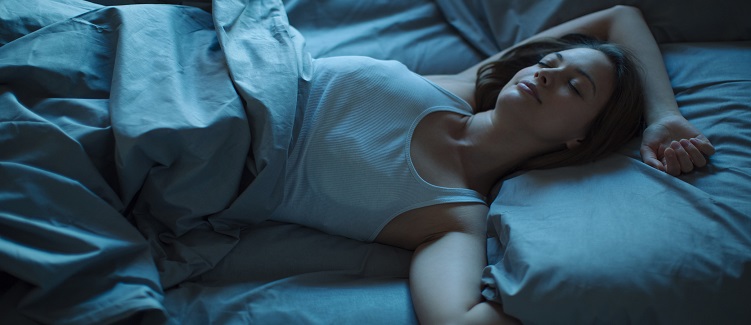Good sleep is critical to good health. And regular disruptions to your nightly rest can wreak havoc on both your body and your mental health.
Find out more about common sleep disorders and disruptions, as well as the good habits you need to get a restful night’s sleep from the experts at UPMC.
-
Better Sleep, Better Health
Think you are functioning normally on less than eight hours of sleep per night? The odds are that you are setting yourself up for a number of potentially negative side effects.Learn More
-
Medical Mondays: Sleep Apnea
Learn more about the diagnosis and treatment of sleep disorders, such as sleep apnea, in this edition of Medical MondaysLearn More
-
Infographic: 6 Common Sleep Disorders
Read about the common sleep disorders that could be keeping your body from getting the sleep it needs, which can lead to bigger problems down the road.Learn More
-
Infographic: 10 Reasons You’re Getting Poor Sleep
Feeling like a zombie this morning? Discover ten reasons you may be getting poor sleep and find out how you can get better sleep.Learn More
-
Sleep Paralysis: Causes, Symptoms, Treatment, and Prevention
Sleep paralysis occurs when the body wakes during REM. Learn more about the causes and symptoms, as well as ways to help prevent sleep paralysis.Learn More





